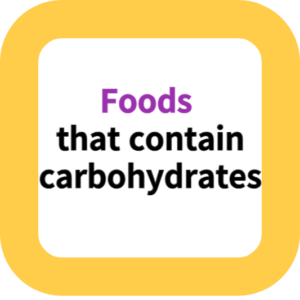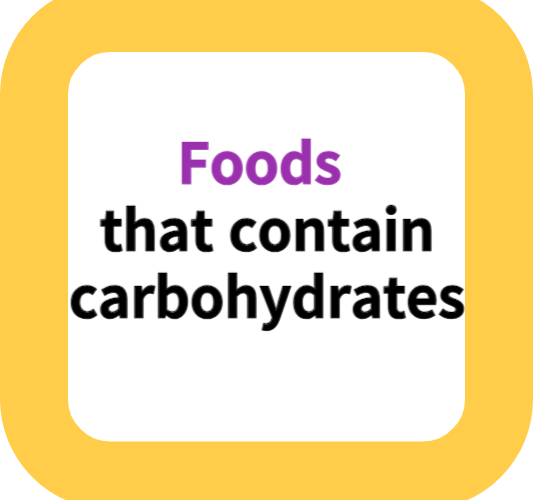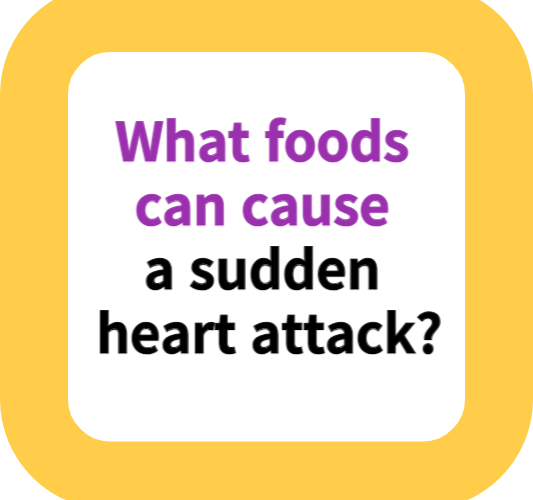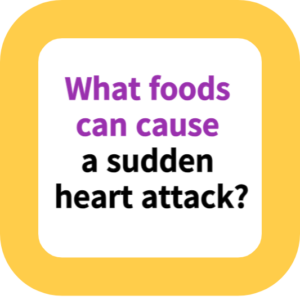Foods that contain carbohydrates
Welcome to our in-depth blog post where we explore the essential world of carbohydrates, a key macronutrient in our daily diet. This comprehensive guide will take you through a journey of understanding the various types of carbohydrates, from the quick energy-providing simple carbs found in fruits and dairy, to the more complex carbs present in grains and legumes.
We’ll delve into the diverse sources of carbohydrates, highlighting their significance and the role they play in maintaining a balanced diet. Whether you’re curious about the health impacts of carbs, seeking to learn about different carbohydrate-rich foods, or aiming to balance your nutritional intake, this post offers valuable insights and detailed information.
Join us as we unravel the complexities of carbohydrates, their functions, and how to incorporate them healthily and effectively into your daily meals.
Foods that contain carbohydrates

Introduction
Carbohydrates, as an integral macronutrient, are crucial for providing energy to the body. This expanded guide delves deeper into the world of carbohydrates, examining their role in our diet, the different types available, and a broad spectrum of food sources that contain them. Understanding the types of carbohydrates and their impact on health is essential for making informed dietary choices, especially in a world where food options are abundant and varied.
Comprehensive Overview of Carbohydrates
Simple Carbohydrates: Quick Energy Sources
Simple carbohydrates, commonly known as sugars, include monosaccharides and disaccharides. These carbohydrates are quickly absorbed and metabolized, providing immediate energy. They are found naturally in fruits, honey, and dairy products, and are also added to many processed foods.
While they offer a quick energy boost, their excessive consumption can lead to spikes in blood sugar levels, making it crucial to consume them in moderation.
Complex Carbohydrates: Sustained Energy
Complex carbohydrates, or polysaccharides, consist of long chains of sugar molecules. They provide sustained energy as they are digested more slowly. Sources of complex carbohydrates include whole grains, such as brown rice and whole wheat, starchy vegetables like potatoes and corn, and legumes, including beans and lentils.
These foods not only fuel the body over a longer period but also provide essential fiber, vitamins, and minerals.
Diverse Sources of Carbohydrates
Grains and Cereals
These are foundational in many diets worldwide and include foods such as rice, wheat, oats, barley, and quinoa. They are a primary source of carbohydrates and offer essential nutrients like B vitamins and iron.
Fruits and Vegetables
Fruits provide simple carbohydrates along with vital nutrients such as vitamins, minerals, and fiber. Vegetables, especially the starchy ones, are key sources of complex carbohydrates. They also offer a range of nutrients and are integral to a balanced diet.
Dairy and Dairy Alternatives
Dairy products contain lactose, a naturally occurring sugar, and provide a combination of carbohydrates, proteins, and fats. Dairy alternatives, such as almond milk and soy milk, often have added sugars and should be chosen carefully.
Legumes
Rich in complex carbohydrates, legumes like beans, peas, and lentils are also excellent protein sources. They provide fiber and a range of minerals, contributing to a well-rounded diet.
Sugars and Processed Foods
Processed foods often contain added sugars, contributing to simple carbohydrate intake. These include items like bread, pasta, and snacks. While they are carbohydrate-rich, they may lack other essential nutrients and are best consumed in moderation.
Conclusion
Carbohydrates are a fundamental part of our diet, providing the necessary energy for daily activities. From quick-energy simple carbohydrates in fruits and dairy to the sustained energy from complex carbohydrates in grains and legumes, they are diverse in their forms and sources.
Understanding these differences is crucial for maintaining a balanced diet. Incorporating a variety of carbohydrate sources ensures a well-rounded intake of energy, fiber, vitamins, and minerals. It’s important to balance carbohydrate consumption with overall dietary needs, focusing on whole foods and limiting processed items high in added sugars. A mindful approach to carbohydrate intake can significantly contribute to overall health and well-being.


